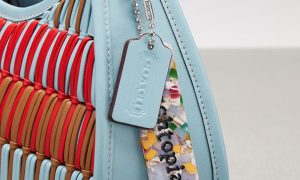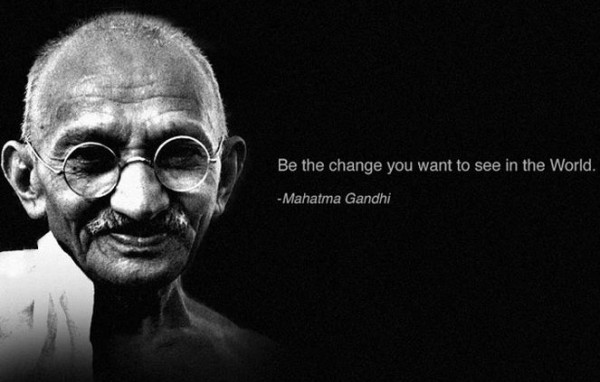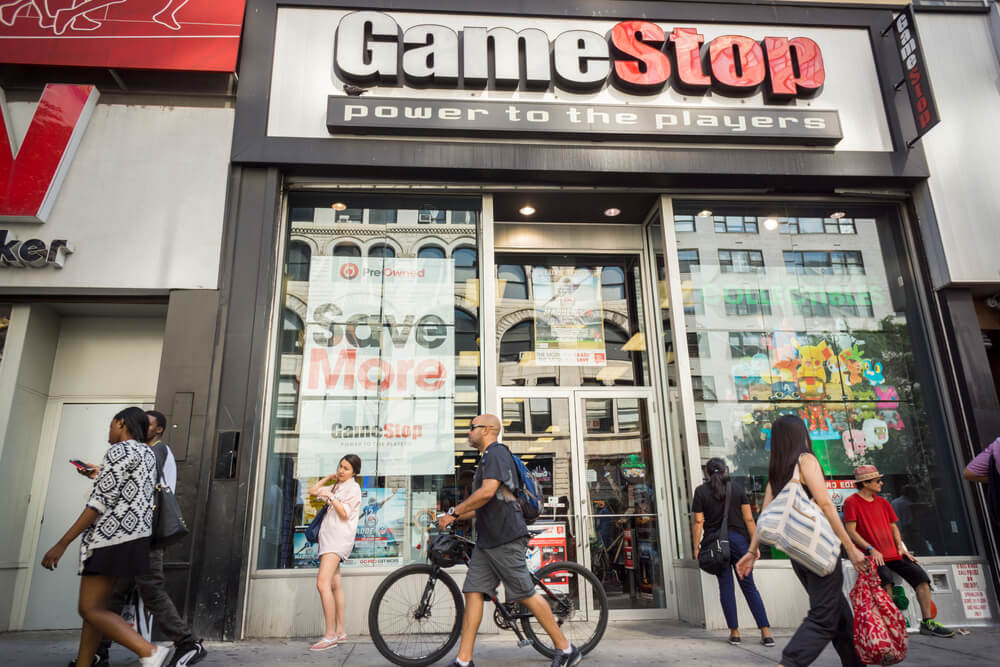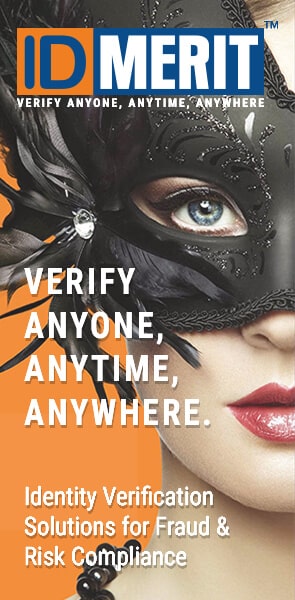The U.S. FTC is trying to stop a merger between brands Tapestry and Capri that could potentially put labels like Coach, Michael Kors, Kate Spade, Jimmy Choo, and Versace under one luxury house. The U.S. competition watchdog FTC has sued to block fashion accessory giant Tapestry’s $8.5bn (£6.9bn) takeover of rival Capri.

In August, Tapestry, Inc., which owns Kate Spade and Coach, announced its intent to acquire Capri Holdings, which owns Michael Kors, for $8.5 billion. Regulators in the European Union and Japan are on board with the acquisition but U.S. regulators are taking a different approach.
FTC sues Capri and Tapestry
On Monday, the U.S. FTC announced that it filed a lawsuit to block the merger. The U.S. FTC said on the lawsuit to stop the merger between Capri and Tapestry, it believes the action would give Tapestry “a dominant share of the ‘accessible luxury’ handbag market.”
If Tapestry took over Michael Kors, the FTC claims, it would make the brand’s luxury options more expensive.
“With the goal to become a serial acquirer, Tapestry seeks to acquire Capri to further entrench its stronghold in the fashion industry,” Henry Liu, director of the FTC’s Bureau of Competition, said in the press release. “This deal threatens to deprive consumers of the competition for affordable handbags, while hourly workers stand to lose the benefits of higher wages and more favorable workplace conditions.”
Capri Tapestry merger
Both Tapestry and Capri Holdings released statements opposing the FTC’s accusations and vowed to fight the lawsuit in court. The companies disagreed with the FTC, saying that they operate “intensely competitive and highly fragmented industry.”
“The bottom line is that Tapestry and Capri face competitive pressures from both lower- and higher-priced products,” Tapestry said in its statement. “In bringing this case, the FTC has chosen to ignore the reality of today’s dynamic and expanding $200 billion global luxury industry.”
Other mergers and acquisitions lawsuits
The FTC, under the guidance of chair Lina Khan, has gone after a series of mergers and acquisitions over the past few years, including Microsoft’s purchase of Activision Blizzard and Meta’s purchase of VR company Within. Both of these lawsuits failed to block these purchases.
This is the FTC’s first lawsuit in the fashion accessories sector, according to Bloomberg.
More recently, the agency filed a lawsuit to block the $24.6 billion merger of grocery chains Albertsons and Kroger, which it said was the “largest proposed supermarket merger in U.S. history.” The companies responded by pledging to sell hundreds of stores to competing grocery chain C&S Wholesale Grocers.
Capri and Tapestry merger impact
Tapestry owns handbag makers including Coach and Kate Spade, while Capri’s brands include Michael Kors. Together, the firms employ about 33,000 staff globally but the FTC argued the deal could reduce wages and their benefits.
Coach and Kate Spade are known for what their parent firm calls “accessible luxury” handbags – quality leather and craftsmanship products at affordable prices.
Handbag wars
Tapestry offered to buy Capri in August, hoping to create a U.S. fashion giant that could compete against bigger European rivals such as Chanel, Hermes and Louis Vuitton parent LVMH.
The FTC requested more information on the deal in November.
Announcing its decision to take legal action, the FTC said the deal would give Tapestry a dominant share of the market.
Tapestry and Capri on lawsuit
Capri, which also owns Versace and Jimmy Choo, said “this transaction will not limit, reduce, or constrain competition” as the two firms “operate in the fiercely competitive and highly fragmented global luxury industry”.
Tapestry said in a statement that “in bringing this case, the FTC has chosen to ignore the reality of today’s dynamic and expanding $200 billion global luxury industry”.
It is unusual for the US regulator to try to block a high-end fashion merger.
New guidelines by FTC
In December, authorities issued new merger guidelines to encourage fair, open and competitive markets.
By using a new tactic under the guidelines, the FTC has argued that the merger of Tapestry and Capri would directly affect hourly workers who may lose out on higher wages due to reduced competition for employees.
Earlier this month, the companies received regulatory clearance for the deal from the European Union and Japan.
The two companies need to close the deal by 10 August.






